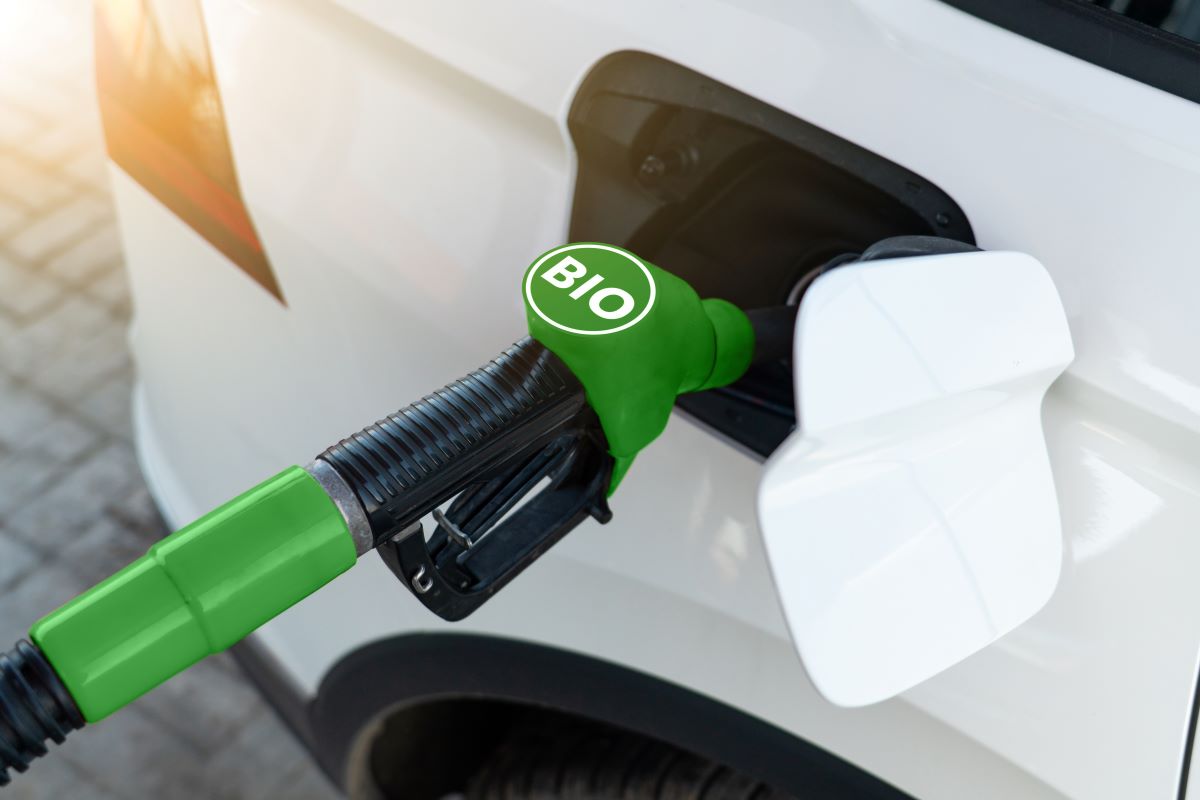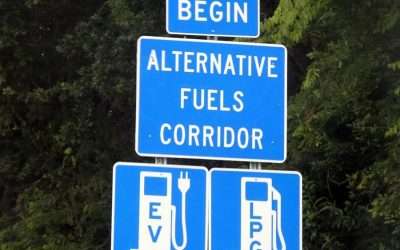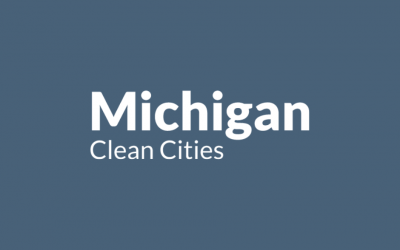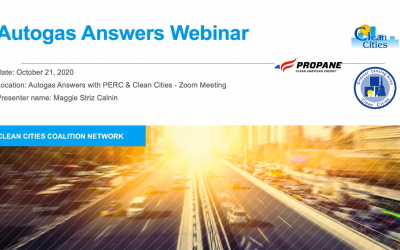During a boat tour on the Detroit River July 26, state legislators, city officials, media and clean air stakeholders learned about new initiatives to improve air quality and support more sustainable shipping on Detroit area waterways. The tour was sponsored by Warner Oil Company in partnership with Michigan Advanced Biofuels Coalition (MiABC), Michigan Clean Cities (MICC) and Southwest Detroit Environmental Vision (SDEV). There are a variety of reasons why biodiesel is a great option for those looking to cut pollution from transportation fuel use, including ease of use, low-carbon option for ‘hard-to-electrify’ equipment, and supporting local agricultural and fuel production – keeping dollars circulating within Michigan instead of those dollars “leaking” out to other states and countries. Several state and local elected officials were in attendance. Information shared during the event included:
Recently introduced state legislation, if passed, will provide financial incentives for the production and sale of biodiesel, a locally produced renewable fuel that reduces emissions from trucks, buses, marine vessels, and other diesel-powered equipment. Bill sponsor John Fitzgerald (D-Wyoming, MI) spoke about the legislation.
The Detroit Wayne County Port Authority is developing a plan to decarbonize port operations of all marine terminals in the Detroit area, with a goal of net zero by 2040. The Port of Detroit Decarbonization Project is aimed at transforming the Port of Detroit’s environmental and community impact and will support sustainability objectives of port tenants and operators.
Updates on a new $22.9 million project that will improve efficiency of Great Lakes shipping, bring construction jobs, and increase economic development in the region. The project is a public-private partnership between the port authority and Waterfront Petroleum Terminal Company. The port authority received a $16 million federal grant to fund port improvements and Waterfront Petroleum Terminal Company will invest an additional $6.9 million in the project.
News on grants available to Michigan-based organizations through the U.S. Department of Agriculture’s High Blends Infrastructure Incentive Program and other funding opportunities.
Reports of ongoing work by MiABC, MICC, and SDEV to help fleets reduce emissions and greenhouse gases through use of biodiesel and other clean fuel strategies.
These initiatives are expected to significantly impact Detroit residents’ and the surrounding community’s current and future health. The recent State of the Air report from the American Lung Association ranked the Detroit/Warren/Ann Arbor metropolitan area as the nation’s 12th most polluted based on particulate matter content in the air.
“Many of our marine fuel customers are striving for more sustainable operations by using biodiesel blends. Biodiesel is a drop-in replacement for fossil fuels and is the best choice to reduce carbon emissions from heavy-duty vessels shipping on the Great Lakes and beyond,” says Jason Smith, vice president of supply and sales, Warner Oil Company. Smith was among the featured speakers at the boat tour event.
Other speakers included:
- Pete Probst, director of MiABC and president, Indigenous Energy, Chicago, Illinois
- Robert Moorcroft, Ph.D., carbon reduction scientist, Tunley Engineering
- Raquel Garcia, executive director, SDEV
- Maggie Striz Calnin, director, MICC




